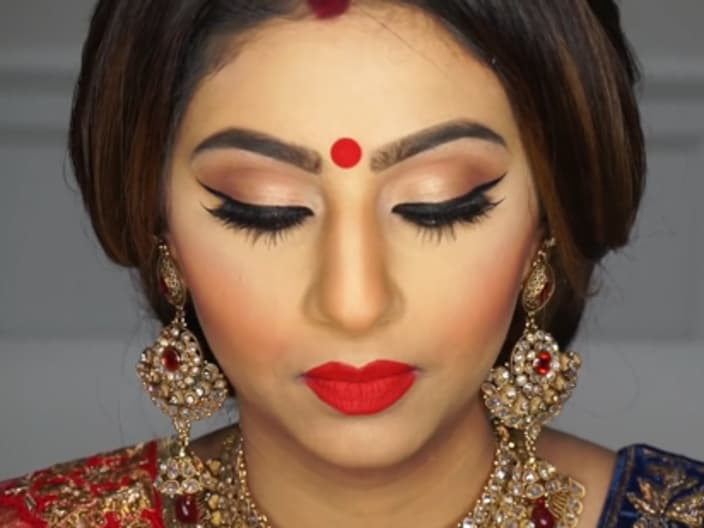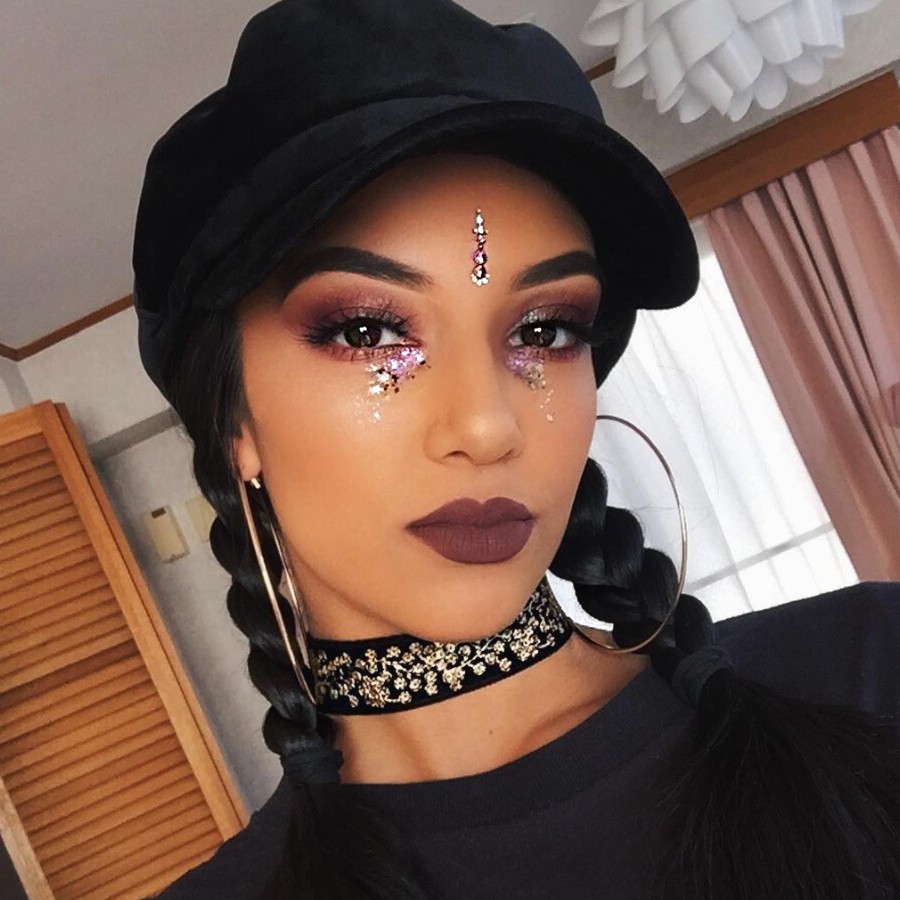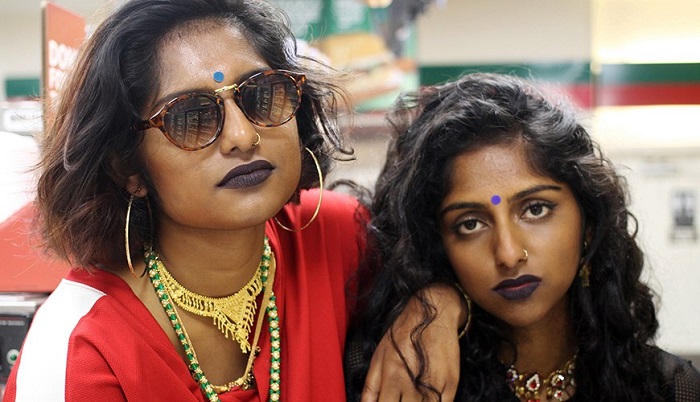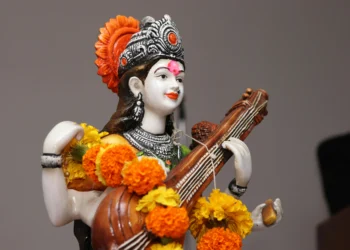A few days ago, this writer was confronted about her choice not to wear a pottu with traditional Indian clothing. This was followed by a mini lecture on why as a Hindu woman, a pottu is a necessity to signify if the lady is single, married or widowed.
The only question on my mind was, “Why do I need to display my marital status on my forehead?” Of course, we are too polite to utter remarks like this when an aunty who means well tells us that the adornment of a red (or black) dot is imperative. But it really made me think about why we non-pottu wearers are constantly badgered about the dot people don’t see.

Why then, are women constantly asked to wear the pottu? “Oh, it has plenty of health benefits, ma,” clarifies Aunty A, sporting a pottu the size of our old 50 sen coin. “It clears your sinuses, relieves headaches, boosts your memory and improves your vision, because it sits on an important nerve on your face,” she continues. Wow Aunty, a sticker can do all of that?
As someone who has studied the nerves of the face in detail, allow me to clarify what this nerve is that they are referring to. A branch of the trigerminal nerve passes through the area between one’s eyebrows.
According to Aunty A’s logic, stimulating this nerve (by way of plastering a coloured adhesive on it) is the reason that the humble pottu has so many health benefits. A simple Google search will yield how the trigerminal nerve is stimulated, and trust me, it doesn’t have much to do with the presence or absence of a pottu.

“No ma, it’s because of your third eye!” chimes in Aunty B. According to her, a pottu will ward off bad luck and act as a shield against the evil eye of the malicious. Aunty B goes on to say that the pottu is worn between the eyebrows as that’s where the Ajna Chakra is located (some also refer to this as the third eye) and as it is the centre of your forehead, it is the point of concentration. Energy is released through this chakra, and hence the pottu is believed to cool the forehead and prevent energy loss.
While science hasn’t really caught up with these beliefs, meaning there is currently no scientific evidence of any of the above, it is a tradition that Hindus fiercely stand by. Personally, I have no problem with this. To each, his own. What I do have a problem with is, shoving culture and tradition down one’s throat. And doing it on a gender selective basis just makes me livid.
Hindu men aren’t expected to display any embellishment to signify their marital status. While that is horridly unfair, it is important to remember that a pottu may have been a necessity back in the day. Women back then needed a man by their side. Hence they felt the need to constantly display their availability for marriage on their foreheads. However, things have changed in today’s world.
Some of us Malaysian Indians who are Hindu by religion have been trained to wear the pottu from a young age. To the point that it becomes a habit and we can’t see ourselves in the mirror without the tiny black dot between our eyebrows. It becomes a part of us, one that we grow to love, even as we go for a swim or hit the clubs. Ladies, if that floats your boat, good on you!

We are merely saying that weather a woman wears a pottu or not is ENTIRELY up to her. If she chooses to only wear vibuthi, it doesn’t make her a widow. It just makes her a person who prefers to adorn the holy ash. If she wears a saree without a pottu, and people assume that she’s not Hindu, so what? Her religion is between her and God, and YOU have no authority to tell her otherwise, no matter how well meaning you are.
Follow us on Instagram, Facebook or Telegram for more updates and breaking news.







